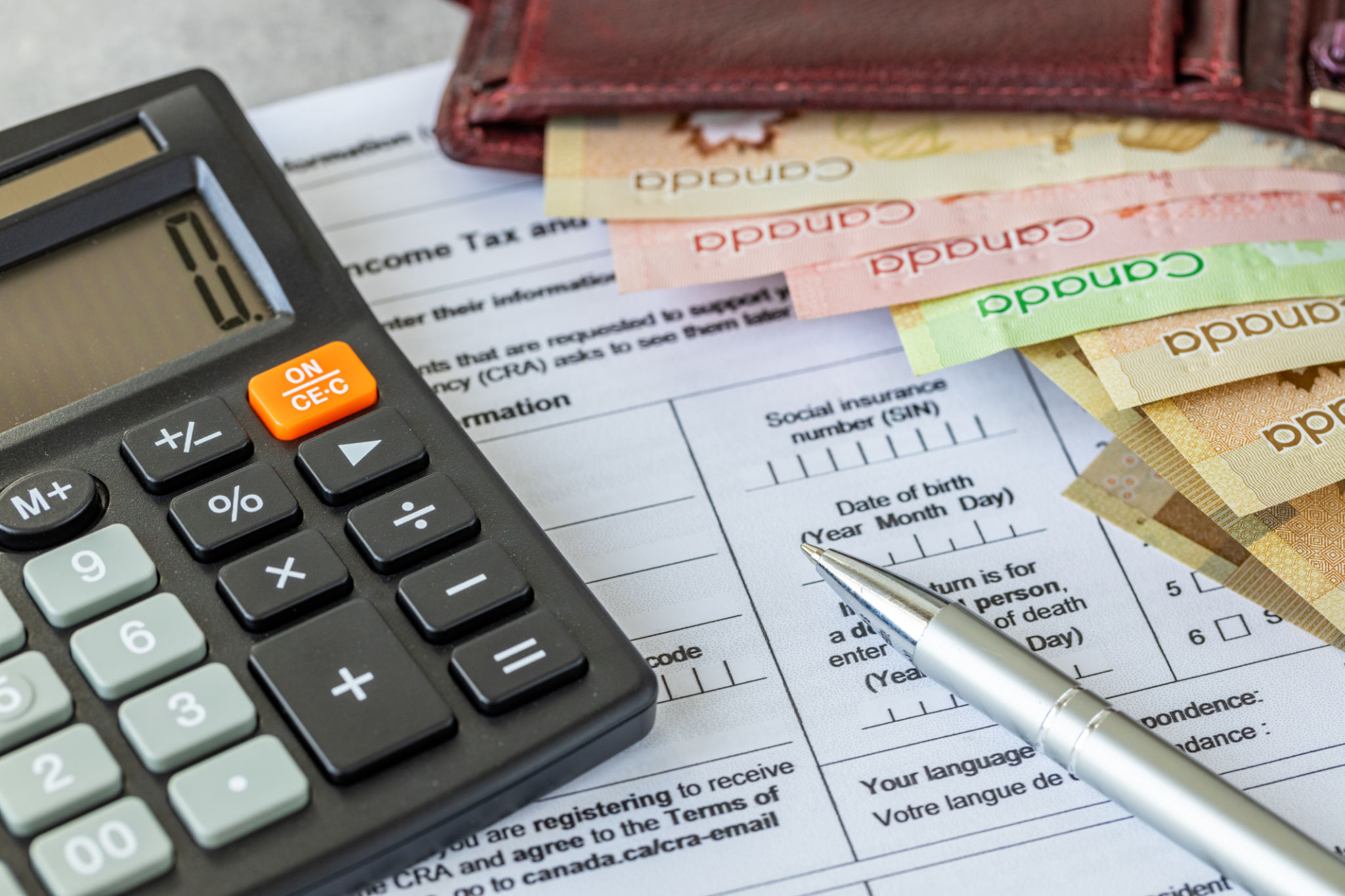A Comprehensive Guide to Tax Filing Assistance in Canada
Understanding the Basics of Tax Filing in Canada
Filing taxes can be a daunting task for many Canadians, especially with ever-evolving tax laws and regulations. However, understanding the basics of tax filing can make the process less stressful. In Canada, individuals and businesses must file their taxes annually, declaring their income and any deductions or credits they are eligible for.
One of the first steps in tax filing is determining your residency status, as this affects the type of taxes you are required to pay. Canadian residents must report worldwide income, while non-residents report only Canadian-sourced income. It's also important to keep accurate records of all income and expenses throughout the year.

Choosing the Right Tax Filing Method
There are several methods available for filing your taxes in Canada. The most common approach is using a certified tax software program, which helps streamline the process by guiding you through each step and ensuring accuracy. Alternatively, you can file a paper return, although this method is less efficient and may take longer to process.
If you prefer professional assistance, hiring an accountant or tax professional can be beneficial. These experts can provide personalized advice, ensuring you maximize your deductions and comply with all applicable laws. They can also represent you in case of an audit.

Exploring Available Tax Credits and Deductions
To minimize your tax liability, it's crucial to understand the various tax credits and deductions available. Common deductions include RRSP contributions, childcare expenses, and medical expenses. Tax credits, such as the Canada Child Benefit or the GST/HST credit, can significantly reduce the amount of tax owed.
Make sure to keep all receipts and documentation related to these credits and deductions. Evidence of expenses is often required when claiming them on your tax return. Staying informed about changes in tax laws can also help you identify new opportunities for savings.

Dealing with Tax Deadlines
Meeting tax deadlines is essential to avoid penalties and interest charges. For most individuals, the deadline for filing taxes is April 30th. Self-employed individuals have until June 15th to file, but any taxes owed must still be paid by April 30th. If you're unable to meet these deadlines, consider applying for an extension or setting up a payment plan with the Canada Revenue Agency (CRA).
Being proactive and preparing your taxes early can alleviate stress and give you ample time to address any issues that may arise during the filing process. It's also wise to set reminders for important dates to ensure you don't miss any deadlines.
Utilizing Government Resources and Assistance Programs
The Canadian government offers several resources and assistance programs to help taxpayers navigate the filing process. The CRA website provides a wealth of information, including guides, forms, and frequently asked questions. Additionally, community organizations often offer free tax clinics for eligible individuals, providing assistance with basic tax returns.
These resources are invaluable for those who may not have access to professional services or are filing taxes for the first time. By taking advantage of these programs, Canadians can ensure their taxes are filed accurately and on time.
